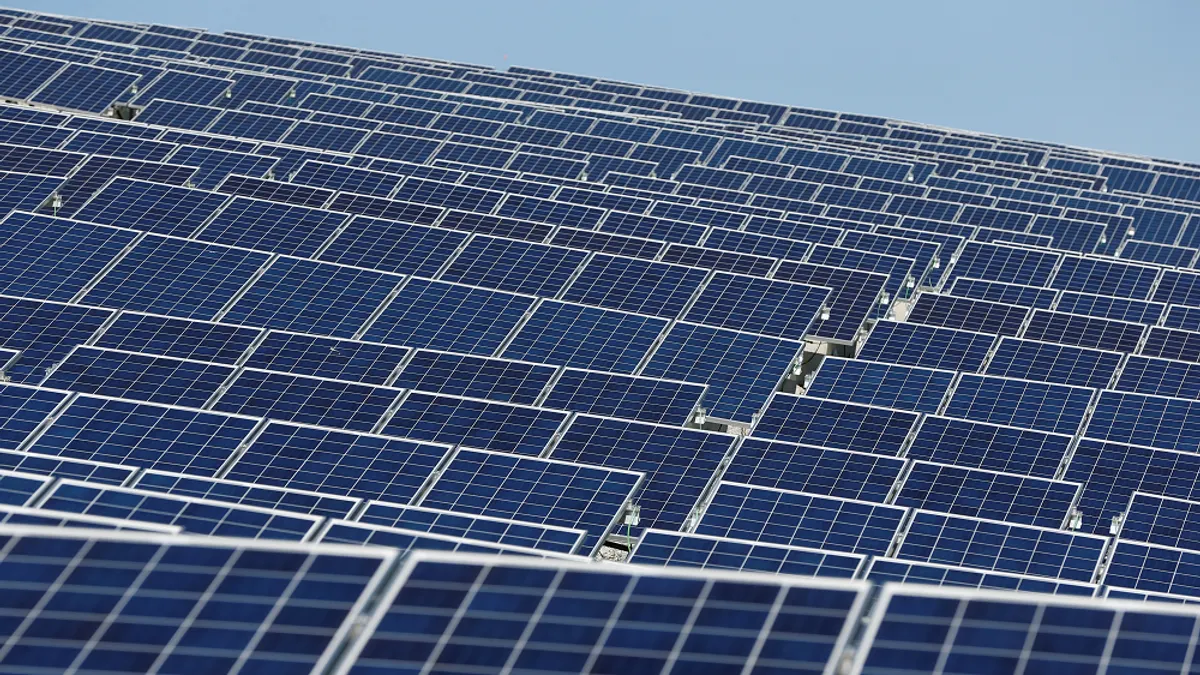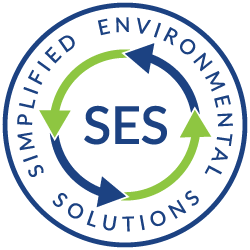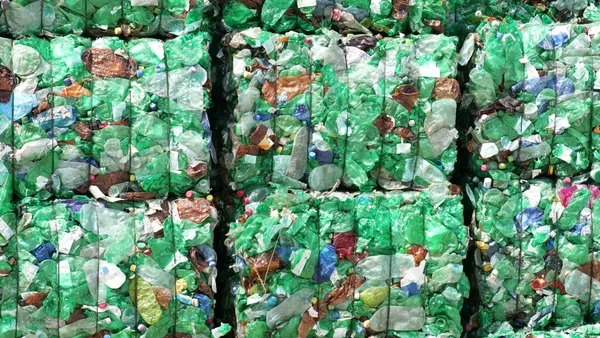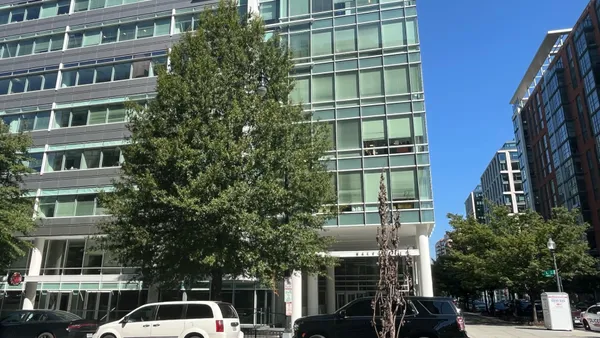Dive Brief:
- Vietnam will not issue new licenses for scrap imports, reportedly in an effort to crack down on illegal imports and pollution concerns from the growing backlog of containers at the country's ports, according to Reuters. The government is pushing for local authorities to investigate ownerless shipping containers containing scrap and have them removed or destroyed, according to EUWID.
- Malaysia has revoked the import licenses for 114 of the country's plastic scrap processors in addition to implementing new standard operating procedures and regulations for recyclable material import licenses. The processors will be allowed to reapply for their licenses under the new standards in three months. Local authorities have been instructed to perform inspections to ensure that only processors who are still certified continue operations.
- Leaders from both countries fear that they have become a dumping ground for the world's recyclables following China's scrap import restrictions that took effect in January, and they reportedly have received accounts of increased pollution near processing facilities.
Dive Insight:
The Vietnamese government reported that 6,000 containers are sitting at its ports. The government inspections of the containers could lead to investigations to catch and punish perpetrators of illegal imports or environmental law violations.
Vietnam and Malaysia are among the Southeast Asian countries overwhelmed with an influx of scrap during the past seven months when suppliers scrambled to find new markets following China's materials ban. Their concerns are valid; it's well known that all of the alternative markets in those countries combined cannot come close to making up for the massive amount of imported scrap that China previously consumed.
Southeast Asian countries have been quickly passing regulatory measures to ebb the flow of scrap they suddenly began receiving. Vietnam announced in May that it would temporarily halt plastic scrap imports; Thailand did the same in June and also included electronic scrap, while promising a future long-term, more permanent measure; and Indonesia issued a mandatory 100% pre-shipment inspection policy on recovered fiber.
The new measures likely spell more trouble for the global recycling industry as suppliers search for new markets for their materials. Further complicating the measure is Norway's proposal in June to amend the Basel Convention, which regulates the international movement of waste and scrap materials. As explained in Resource Recycling, Norway suggested reclassifying plastic scrap so that no shipments could occur without prior consent from authorities for countries that are covered by the convention. The country's leaders are concerned about plastic ocean litter.
The U.S. is not a Basel-abiding country, so its suppliers could feel greater effects. Although some exceptions would exist, non-Basel Convention countries could be barred from exporting to Basel countries, meaning the U.S. could not export to Asian countries other than Japan and South Korea. The Basel proposal is scheduled for review by a working group in September.












